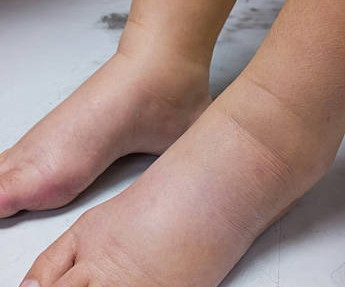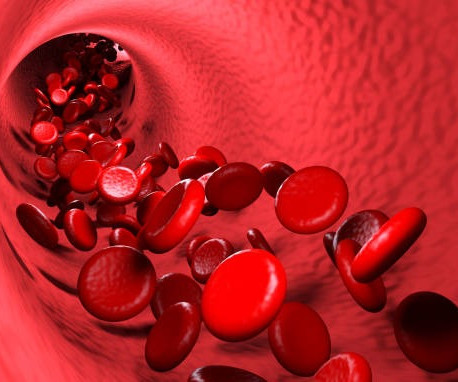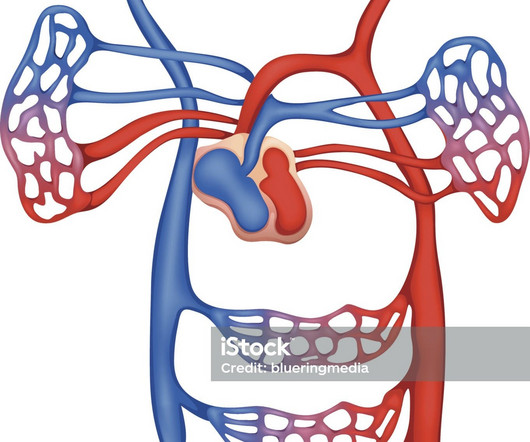Unraveling Lymphedema: Causes, Risk Factors, and Treatment Options
Vascular Physician
NOVEMBER 28, 2023
These include: Being overweight or obese Advanced age Psoriatic or rheumatoid arthritis Pregnancy Undergoing surgery Diagnosis and Medical Evaluation If you are exhibiting signs of lymphedema, do not wait to seek medical attention. Early diagnosis could mean a more effective treatment plan.


















Let's personalize your content